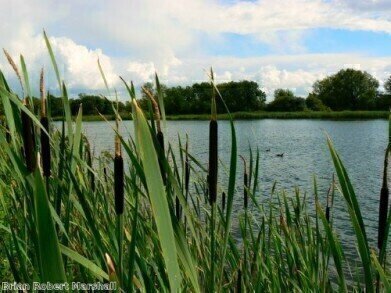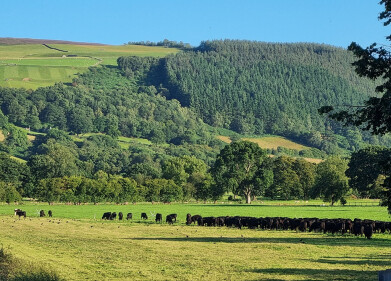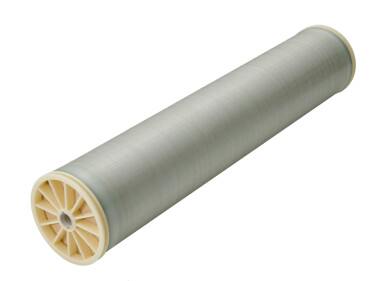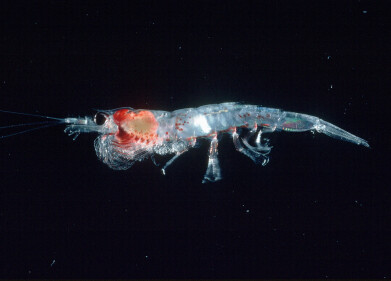-
 More controls are still needed to further increase water quality throughout the EU
More controls are still needed to further increase water quality throughout the EU
Water/Wastewater
Water quality throughout EU found to be improved
Oct 21 2013
Water pollution throughout the EU has decreased over the last 20 years, according to the new 'Report on the implementation of the Nitrates Directive'. Nitrate water pollution has reduced over the last two decades, which spells good things for Europe's water quality.
The report found that concentrations of nitrate throughout groundwater and surface water have decreased a small amount, possibly due to the undertaking of more sustainable agriculture projects throughout the EU. However, water resources are still being affected by agricultural work, continued nitrate pollution and the high levels of algae and weeds. These issues are felt throughout many EU member states and affect the quality of a range of water sources.
Janez Potocnik, environment commissioner, said: "I am very pleased to see that longstanding efforts to reduce pollution from nitrates in water are paying off. But we still have a huge task ahead to bring Europe's waters to good status by 2015. Nitrates put severe pressure on biodiversity, and on the waters and land underpinning our agriculture and economic activities."
Efforts need to be increased to further reduce nitrate pollutants in water resources and the release of nutrients, he continued. The most important factor to control this type of water pollution is through an improved efficiency in fertiliser use. Mr Potocnik said that the longer the EU waits to make these improvements, the more expensive it will be in terms or currency but also upon the environment.
Some EU Member States continue to experience increased pressures on water quality as a result of agriculture, due to the dependence on fertilisers, which can severely affect local water sources. Germany and Malta, in particular, were found to have issues with the quality of groundwater.
In terms of surface water pollution, the problem was endemic in Malta, Belgium and the UK. Eutrophication - the growth of excess algae and weeds - is a problem throughout the EU, with around four out of ten lakes suffering from it. However, the Netherlands were found to have the worse problem as all of its freshwater resources are affected, according to the report.
Events
Carrefour des Gestions Locales de L'eau
Jan 22 2025 Rennes, France
Jan 29 2025 Tokyo, Japan
Feb 05 2025 Nantes, France
Feb 16 2025 Kampala, Uganda
Feb 26 2025 Chennai, India



-as-feedstock.jpg)





